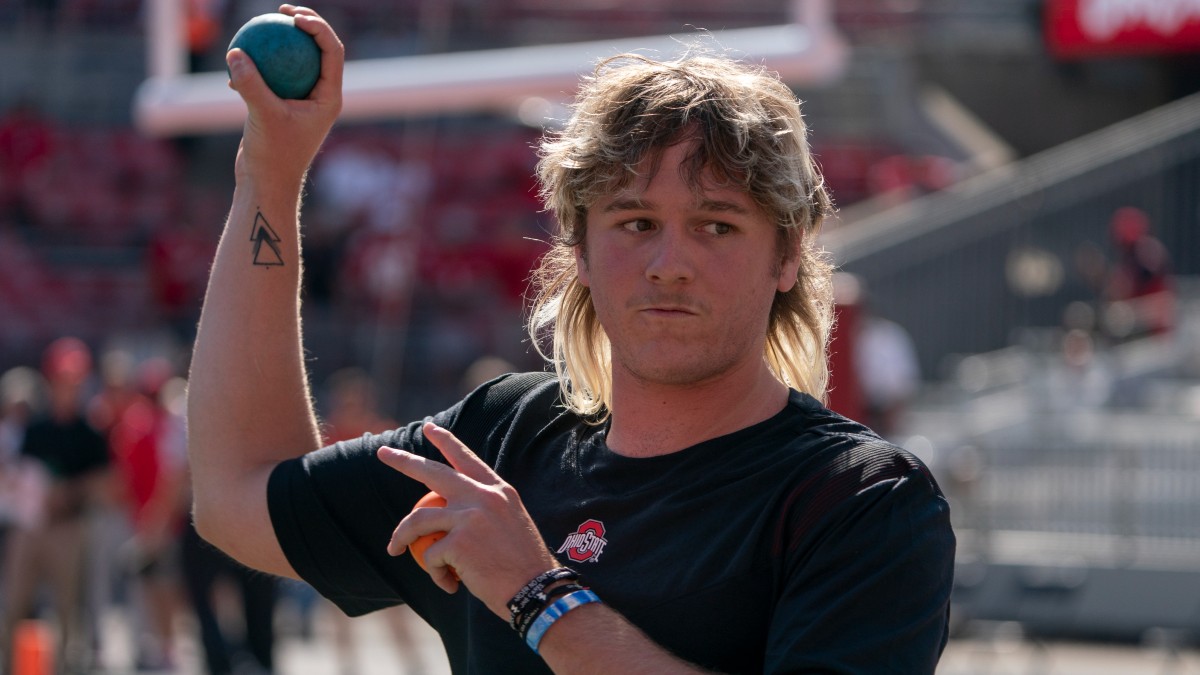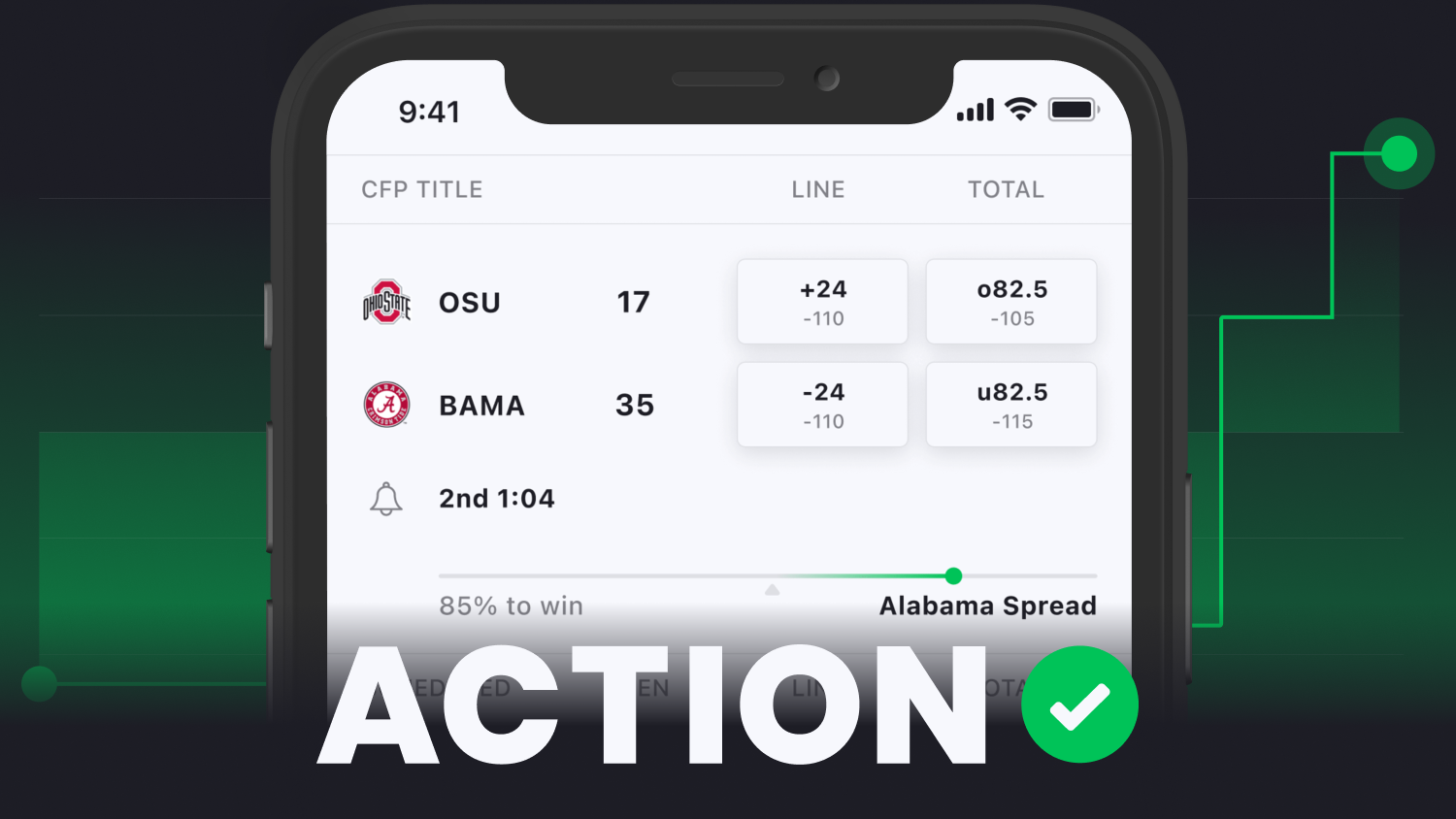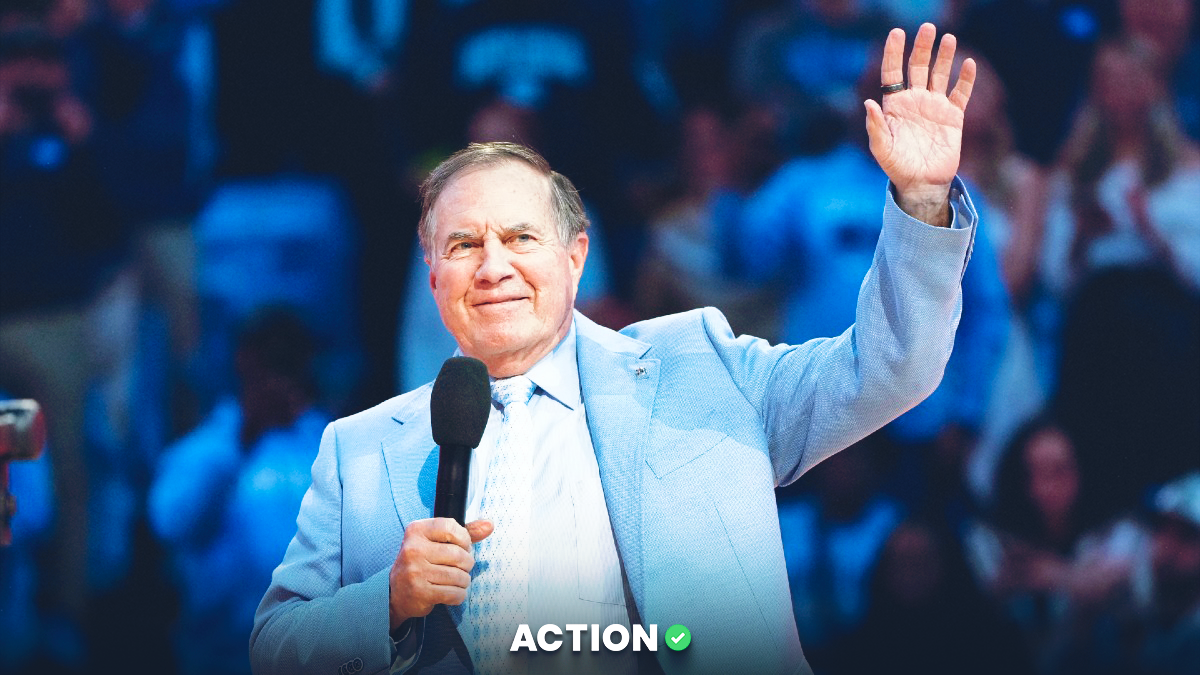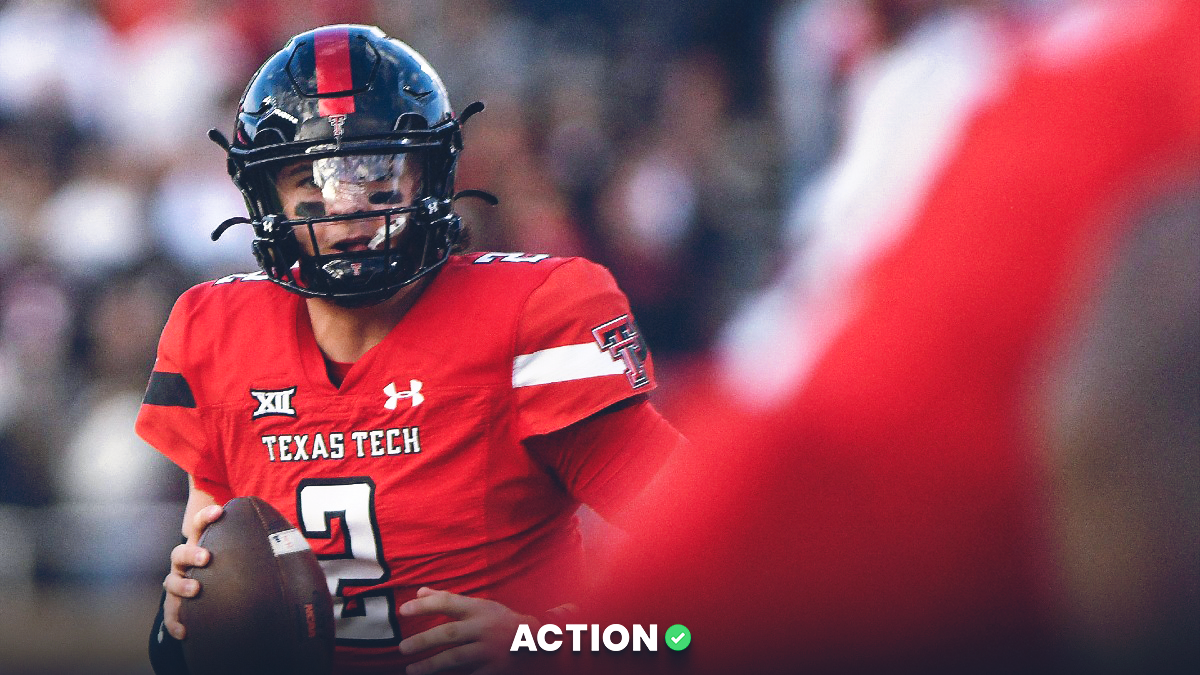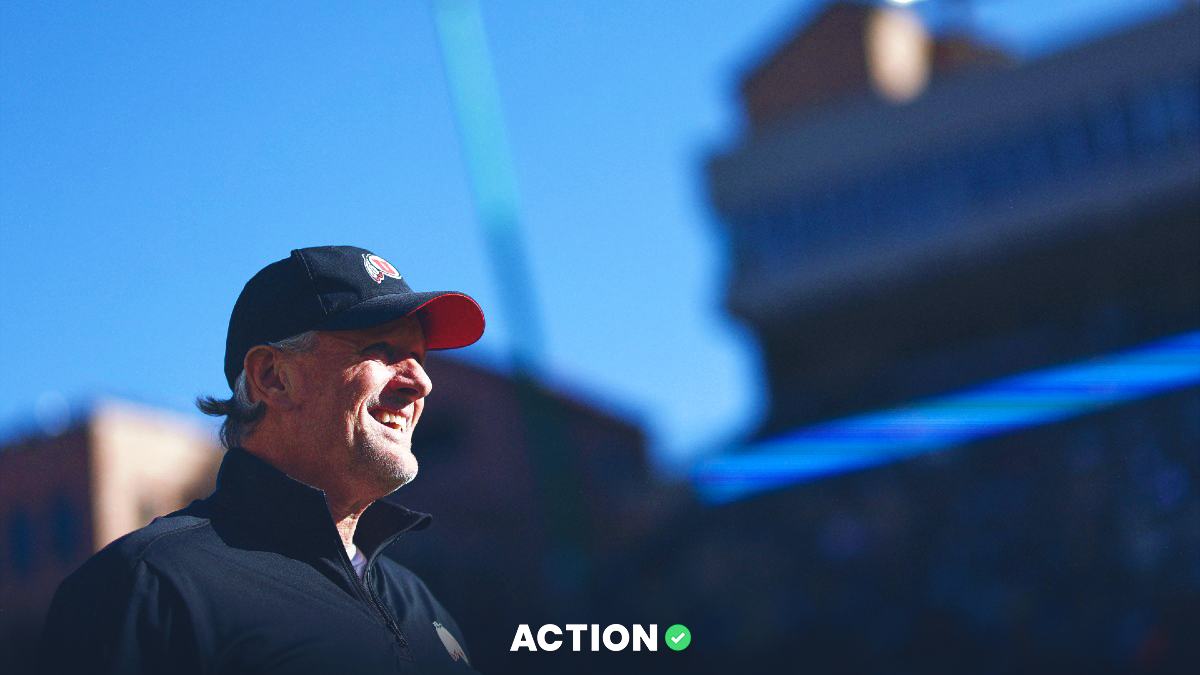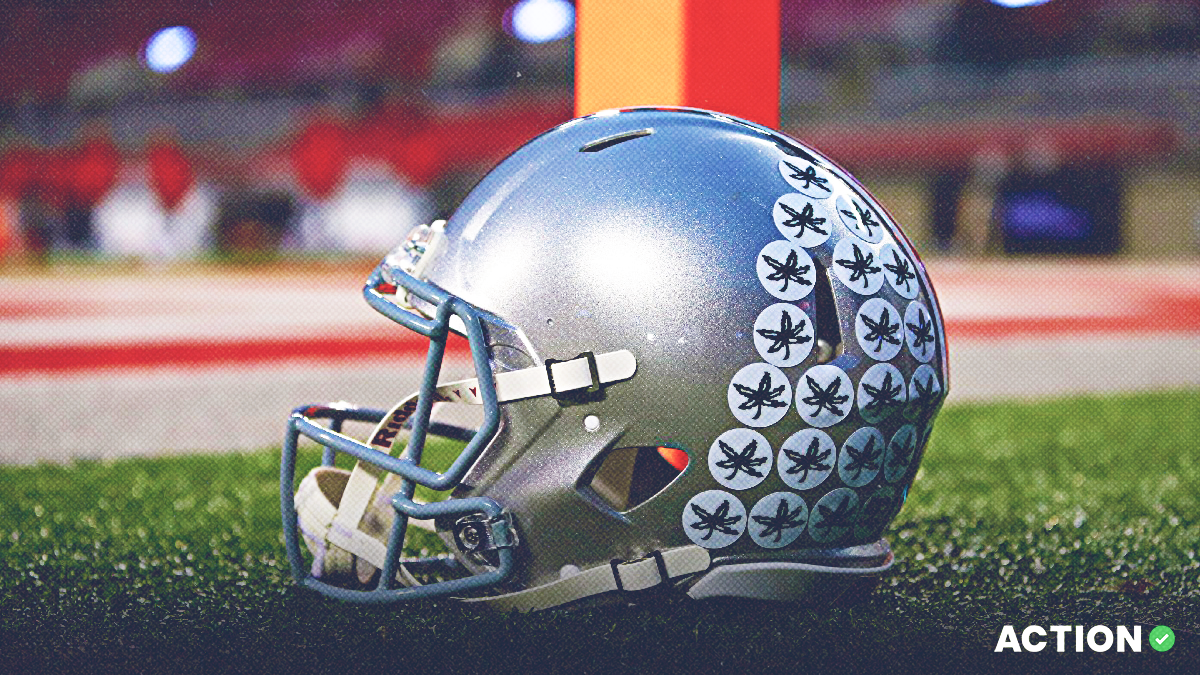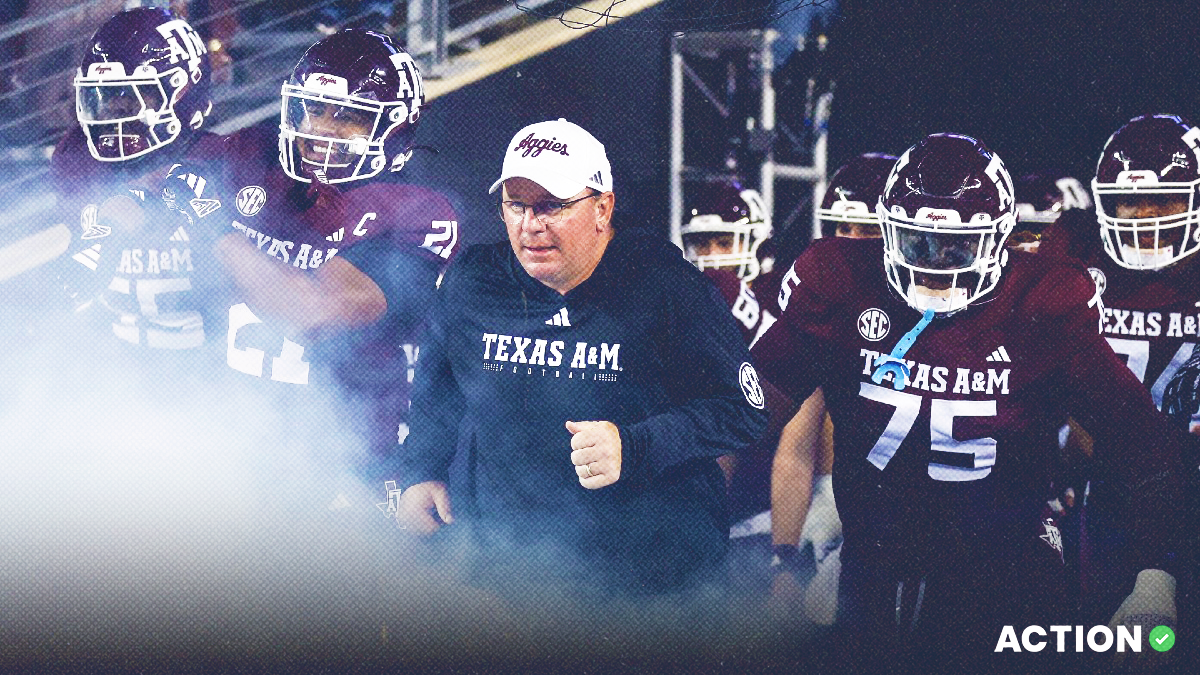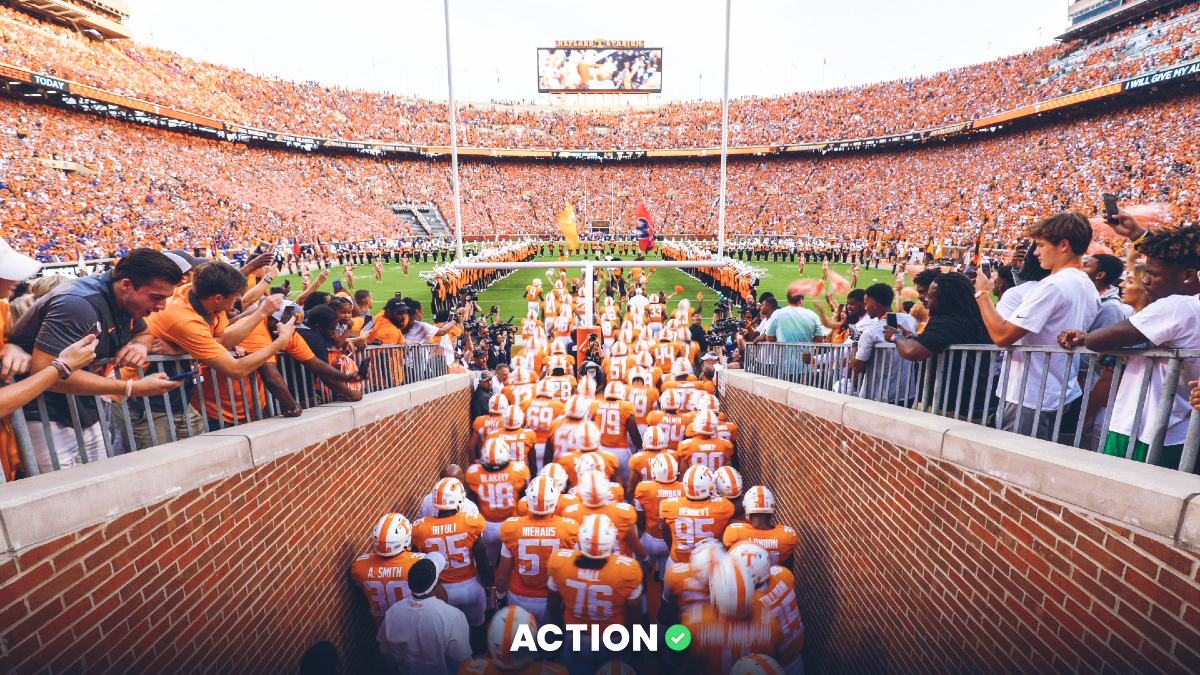It has been a rough year for companies sponsoring college athletes on the new name, image and likeness program. Almost every player who cashed in on it didn’t live up to expectations.
Rattler. Howell. Uiagalelei. King. Milton. Brennan. The list goes on and on.
In a rational world, the next line of prospects would suffer from an experiment gone wrong, but have no fear, inducements are here.
This year’s class was already committed to their schools, so they couldn’t be lured by name, image and likeness image from boosters, but the next class can.
The poster child is Quinn Ewers. Not being able to cash in as a high school quarterback in Texas, Ewers left early to go to Ohio State and promptly signed a reported $1.4 million deal with autograph guru Gary Takahashi.
Let’s hope he didn’t sign any Ohio State helmets. After just four months and two total snaps, Ewers has entered the transfer portal to most likely go back to Texas to play his college ball there.
This is where the charade gets more pronounced. With the relationship between boosters and athletes suddenly open, allowed and even encouraged, promising a quid pro quo deal is easier than ever.
Yes, the state of Texas prohibits a name, image and likeness deal from serving as an incentive to attend a school, but with the NCAA turning a blind eye to this all, is the state of Texas going to investigate if a Ewers winds up with the Longhorns?
These are the same Longhorns whose fans organized a specious group on Monday called Horns with Heart, which offers to give name, image and likeness deals to players in exchange for supporting charities.
What a genius idea. Have a slush fund that masquerades as a charity to stunt blowback but never have pressure by any company because the return on investment won’t be tracked. The first initiative is the “Pancake Factory,” which will give $50,000 to every Texas offensive lineman on scholarship.
With the announcement, every lineman — none of whom are likely to be marketable at all — who is thinking about going to Texas now knows that $50,000 is coming through that program. If it’s never talked about directly, is that an inducement?
And lineman are perfect. They are worth the $50,000 because their roles on the field are essential. The hilarious part, of course, is that no one cares about their name, image and likeness.
For years, even under the watchful eye of the NCAA, players signed with agents before bowl games and dated the contract to be after the game. Now agents represent players for name, image and likeness, and the NCAA and schools have absolutely no idea of the conversations going on, other than the actual NIL deal that must be submitted to them.
Since the talk of compensation began, the fear was that boosters might one day offer to buy thousands of jerseys or have a player sign hundreds of autographs to get them to a school.
With the name, image and likeness, it’s actually much easier than that. You don’t even need a ruse.
A group of boosters can pool together to organize a fund, declare marketing scholarships of sorts that will be given out blindly, and get around the rules by not even having a product to sell.
And don’t even get me started on agents. It’s so obvious. Guys paying kids marketing guarantees and even doing their own deals as a front to secure getting them as pros. One company that did a deal with college athletes didn’t even follow them on social.
Cheating used to happen behind closed doors. It will now happen right in front of our eyes.


